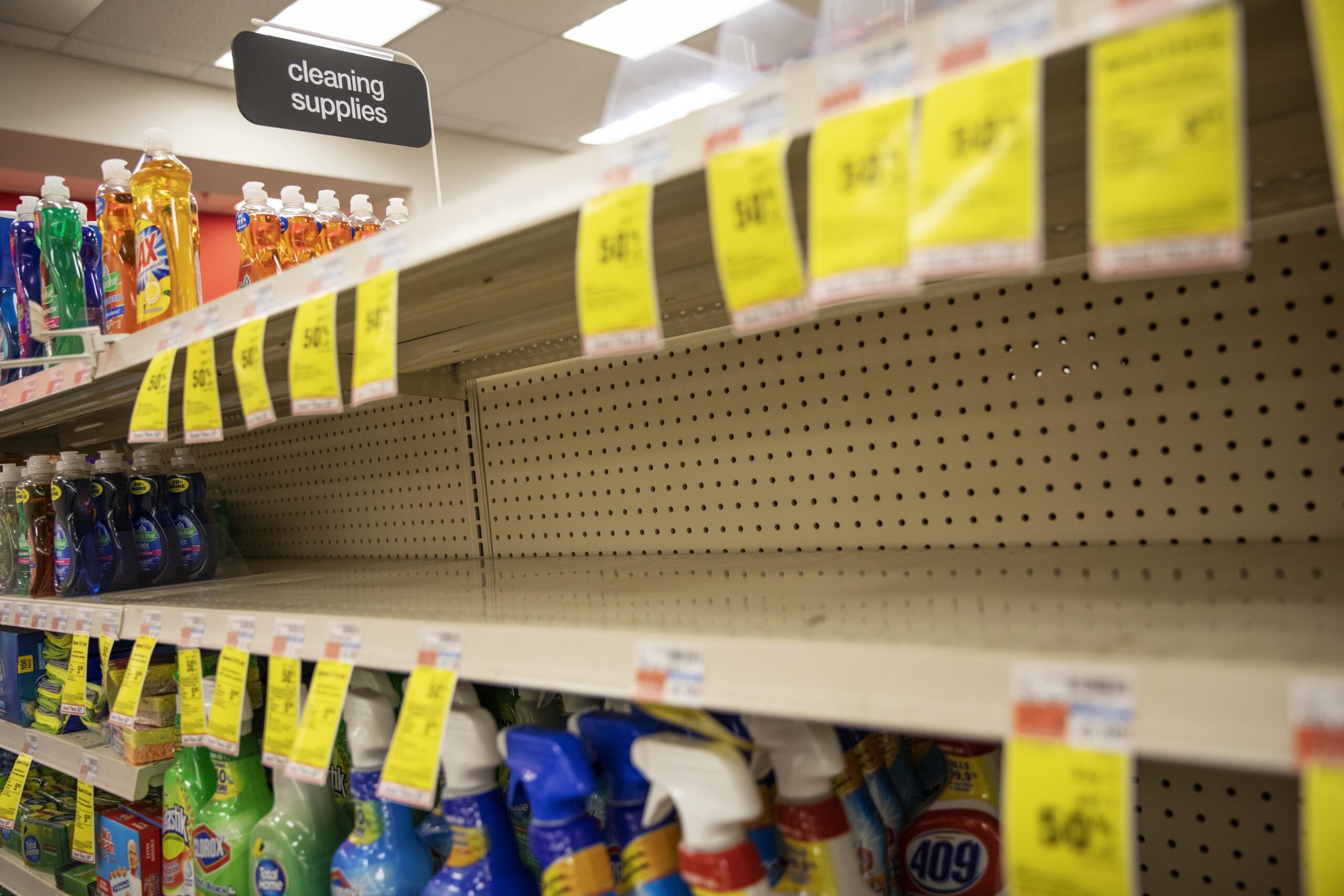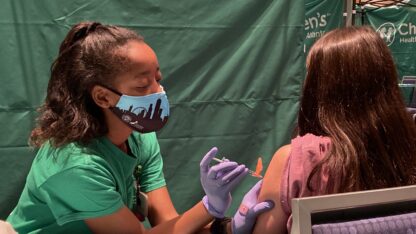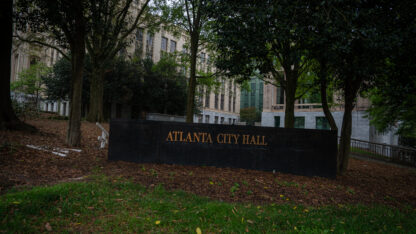Calls to the Georgia Poison Center have risen during the pandemic, with a spike in people reporting illnesses related to cleaning products and disinfectants.
Those increases have occurred nationally, with poison centers seeing up to a 20% rise in exposure calls related to cleaning and disinfecting products, often from inhalation.
It has been a bizarre week related to disinfectants, capped by controversy over President Donald Trump’s remarks about them Thursday at a White House briefing, where he speculated on their use for virus treatment.
The biggest source of poisoning calls in Georgia now is from ingestion of pain medicines by children, said Gaylord Lopez, director of the Georgia Poison Center. But the reports of unhealthy exposure to cleaning products and disinfectants have doubled from the same period a year ago, he said Friday.
Poisoning calls in general have risen 9% in Georgia from last year amid the COVID-19 crisis, Lopez said.
The CDC issued a brief Monday about the poisoning increase, saying that the daily number of calls to poison centers on chemical exposures related to cleaners and disinfectants had jumped 20%. The data do not a show definite link between exposures and COVID-19 cleaning efforts, the CDC said. But the Atlanta-based agency also reported that “there appears to be a clear temporal association with increased use of these products.’’ A large percentage of the calls involved children.
News reports around the country have noted a surge in purchases of household cleaners and disinfectants since the pandemic began, with some store shelves stripped bare, though such panic buying has eased recently.
Lopez said many poisoning calls in Georgia have stemmed from improper mixing of chemicals – “people taking bleach and Lysol to clean hard surfaces.’’
“People could be looking for a stronger cleaning method,’’ he said, adding that the increase could indirectly reflect the limited availability of cleaning supplies in stores. Warning labels on cleaning products include the dangers of misusing them.
Another common source of poisoning exposures is children getting into personal hygiene products, Lopez said.
Parents and children are home more now during the COVID-19 sheltering in place. “More parents are teleworking,’’ he said. “They’ve still got to attend Zoom meetings. They may not watching their children as closely as they [normally] do on weekends.’’
Also this week, the U.S. Department of Health and Human Services awarded nearly $5 million to Poison Control Centers across the country to improve their capacity to respond to the increased calls due to the COVID-19 pandemic. The Georgia Poison Center is getting $148,000.
The Georgia center, besides getting its regular type of calls, is fielding queries from the public on COVID-19.
Georgians dialing the Public Health hotline with questions are transferred to the center, which has hired additional staff. Hundreds of calls a day have been fielded, Lopez said.
Ironically, the Poison Center was facing a significant budget cut before that funding was restored in the recently suspended legislative session.
Read And Heed The Label
The focus on disinfectants intensified after Trump speculated that using disinfectants or solar light inside the body could be an effective coronavirus treatment.
He later walked back those comments, claiming he was being sarcastic.
Yet Reckitt Benckiser, the maker of the Lysol line of household disinfectant products, wrote Friday that the company felt compelled to issue a statement “due to recent speculation and social-media activity” and warned against the improper use of its products: “We must be clear that under no circumstance should our disinfectant products be administered into the human body.”
Lopez, though, said he perceived Trump’s remarks as the president asking a question to Coronavirus Task Force coordinator Deborah Birx. “Trump never made a recommendation,’’ Lopez said.
Still, the CDC tweeted a warning Friday afternoon amid heavy criticism of Trump’s remarks by some doctors and other health experts.
“Household cleaners and disinfectants can cause health problems when not used properly,” the CDC wrote, including a link to the agency’s general guidelines for using cleaning and sanitizing products. “Follow the instructions on the product label to ensure safe and effective use.”









